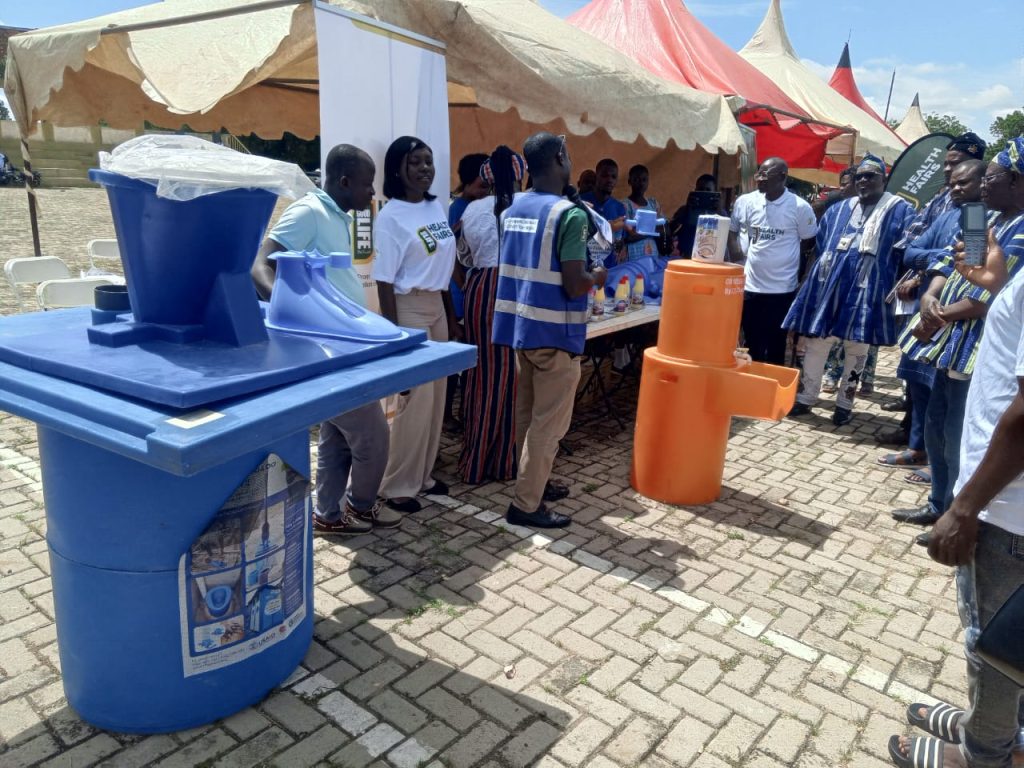By Philip Tengzu/Abigail Sammutaar Nurutome
Wa, (UW/R), Sept. 19, GNA – Dr Damien Punguyire, the Upper West Regional Director of Health Services, says inadequate understanding of the intricate relationship between good health and socio-economic empowerment affects health-seeking behaviour.
“In a rapidly evolving world, it is very common to push issues of health and well-being to the back bench in pursuit of social and economic advancement, yet good health is an important ingredient for socio-economic progress,” he explained.
Dr Punguyire said this in Wa during the launch of the Upper West Regional “Good Life Health Fair” on the theme: “Promoting Good Health Through the Adoption of Positive Health Behaviors.”
The three-day fair, scheduled for September 17 to 19, 2024, was organised by the Ghana Health Service in partnership with Norsaac through USAID’s Accelerating Social and Behaviour Change (ASBC) Activity.
It was aimed to, among other things, promote health awareness and increase access to health services, generate demand for essential health services and products and foster measurable behaviour change.
Some health service providers including DKT, and some sanitation service providers mounted stands to educate the public on their services and extend those services closer to the people.
There were also health screening and counselling services, and blood donations by the Wa Municipal Hospital.
Dr. Punguyire indicated that the health fair was pivotal in their commitment to enhancing health literacy and access within the communities.
He said there would be a series of educational sessions and practical demonstrations including malaria prevention, family planning, nutrition, and maternal and child health.
Dr Hudi Alhassan, the Deputy Chief of Party, USAID Family Health International (FHI 360), emphasised that positive health behaviours and attitudes such as proper hand washing at critical times and sleeping under insecticide bed nets contributed to positive health outcomes.
He indicated that the FHI 360 sought to ensure timely delivery of Antenatal and Postnatal Care services, availability, access, and use of family planning services and reduce early and forced marriages.
He commended health service workers for their efforts in the service delivery to people and encouraged them to double their efforts and sacrifices in that regard.

Mr Mohammed Awal Alhassan, the Executive Director of Norsaac, observed that despite the Upper West Region being challenged in development, the leadership of Ghana Health Service in the region had shown commitment over the years to improving health indicators.
He explained that they had developed the “Community Engagement for Health and Well-Being” tool, which they believed would be effective in generating health service demand and mobilising community structures to lead health delivery at the community level.
Dr. Matias Pogivi Tingani, the Sissala West District Director of Health Service, advanced the need for collective action of stakeholders to promote and protect the health and livelihoods of people.
Traditional leaders, students, heads of departments and health service providers among others attended the health fair launch.
GNA